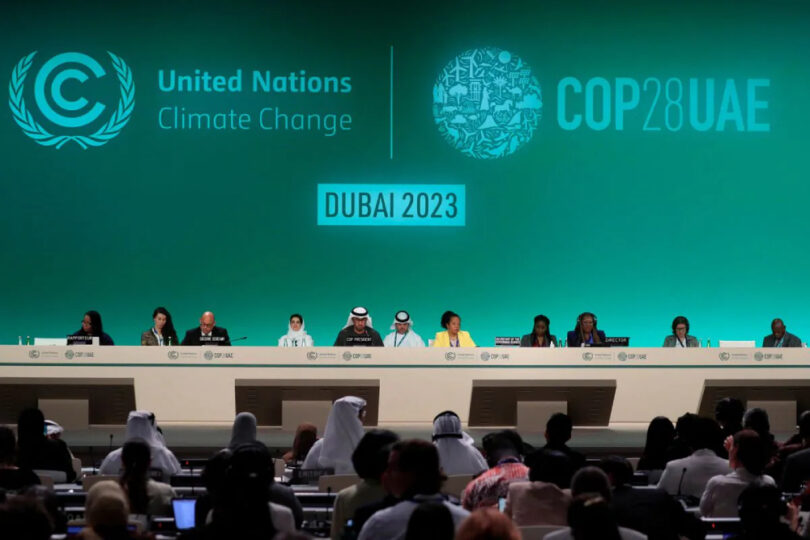Afghanistan has been left out for the consecutive third time from the United Nations Climate talks being held in Dubai under the COP-28 Summit. Historically, Afghanistan is one of the world’s most vulnerable countries to climate change, due to worsening droughts, recurrent earthquakes, and flash floods. The country witnessed heavy rains triggering flash floods that swept across drought-stricken land earlier this year. However, Kabul has not been invited to the COP28 climate summit in Dubai, having been singled out of such UN talks since the Islamic Emirate took over of the country in 2021.
Afghanistan has been pushed into deep isolation by the global community in the aftermath of the Taliban control over the country almost two years ago. There are severe political, diplomatic, economic, trade, and social challenges to the Islamic Emirate of Afghanistan that seriously hurt the public and hinder the economic development and social uplift of Afghanistan. The Central Bank of Afghanistan (DAB) is unplugged with SWIFT, the global Banking and Financial System while the interim government failed to secure a single recognition from the global community so far.
These two issues were already big hurdles in the path for economic and social inclusion into the comity of nations that the Islamic Emirate itself triggered some other issues like human and women’s rights, and restriction on girls education that further distanced Kabul from rest of the world. In fact, the global community particularly the United States and its allies have linked their diplomatic recognition, political relations, trade and economic ties and Humanitarian aid as well, with the human and women rights situation and terrorism issues that are also important clauses of famous Doha agreement, which pave the way for US withdrawal and Taliban return to power in that country. While the rest of the world is also hesitant in normalizing its relations with the IEA on fear and apprehensions based on the previous and the current governance of the Taliban rulers in Afghanistan. Apparently, the global community is less likely to mould its stance over Afghanistan as it does not suit its interests in that nation. Hence, the Afghan rulers must review their policies, so their nation gets some space in the global sphere that will increase Kabul’s stacks and open up tremendous incentives at the global level.







